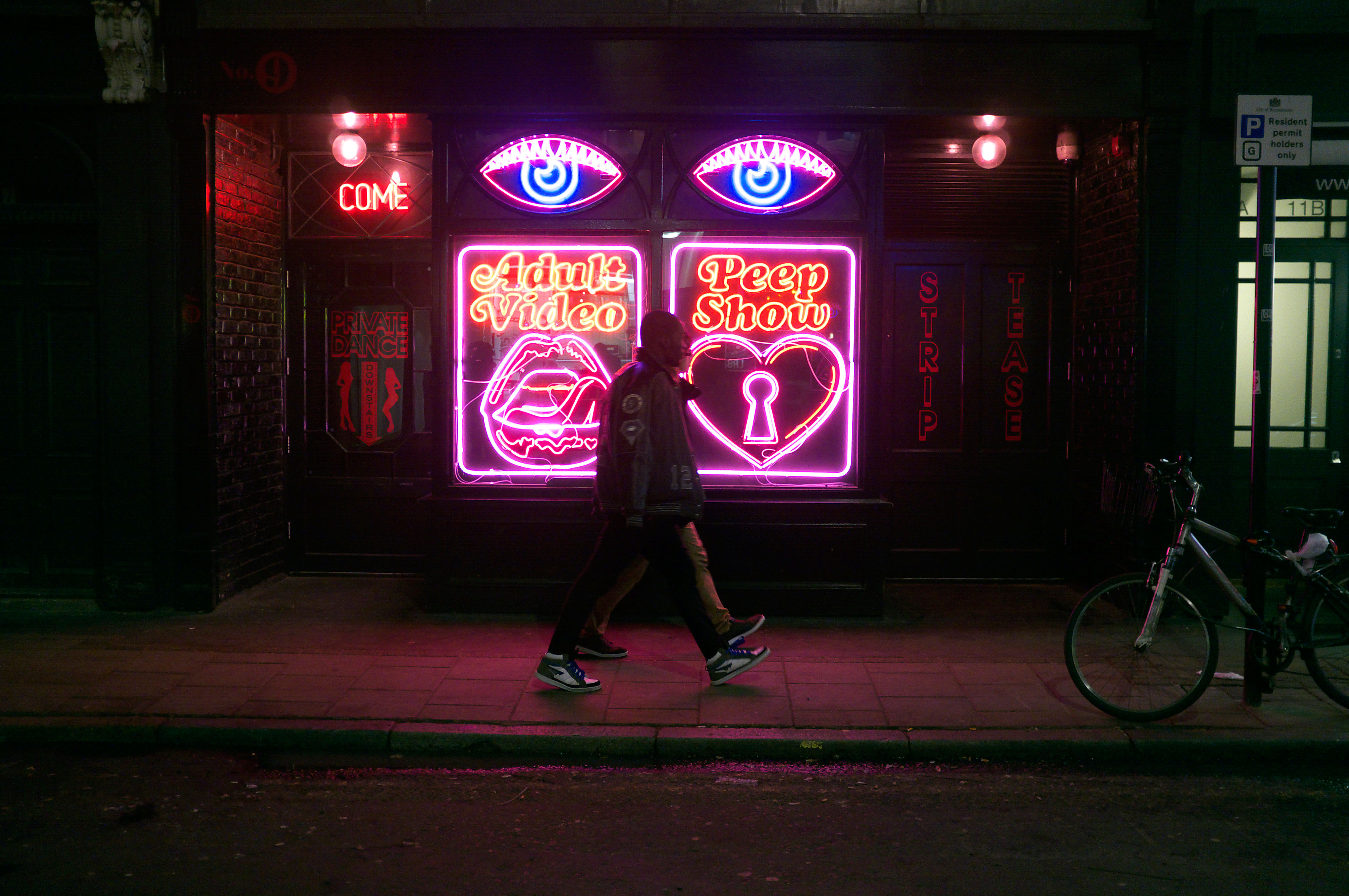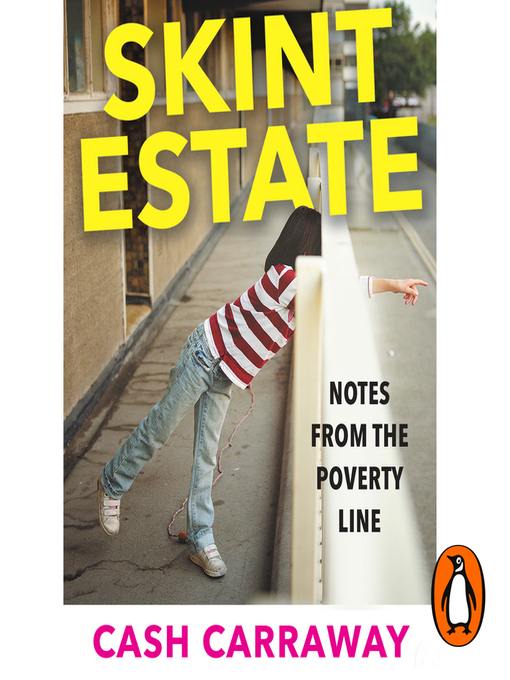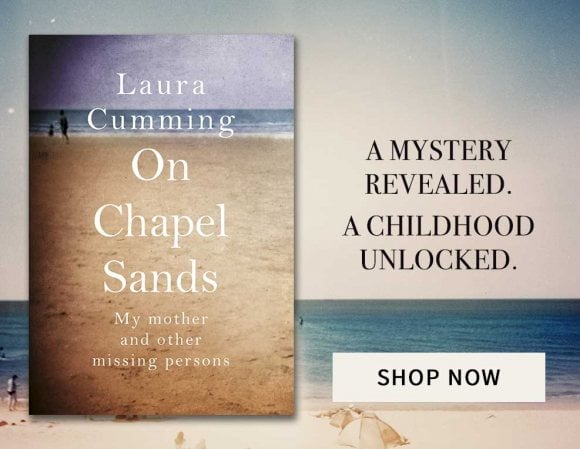

And ‘visiting a food bank’ means living on pasta sprinkled with sugar even though you work full time and standing in front of a line of kind volunteers and feeling only hot, red shame. ‘Period poverty’ means staying at home and crafting sanitary towels from nappies. ‘Grenfell’ means Carraway’s daughter asking why the government is burning poor people. ‘The closure of women’s refuges’ leaves women and children sleeping side by side below the charred skeleton of Grenfell, forced to start a Twitter campaign because no one will come to help or claim responsibility. ‘The housing crisis’ means striking deals with lonely men who will exchange rooms for kisses in bed, moving from borough to borough every few months and taking jobs as a psychic, sex caller, joint dealer and mystery shopper in order to make the £1,500 a month rent for an ex-council flat in South London. Through electric anger laced with humour, Carraway shows us the personal is always at the root of the political. Her sharp tongue and celebration of flesh in all of its sweat, piss and ruin, ensure that she is always in possession of her body and herself in a world that constantly tells her she has no right to move through it. She sticks her baby scan on her side of the peephole so she can look at her unborn daughter and be reminded that she is making a life for them both, as men get off over her pregnant body. This feels particularly poignant as the welfare state around them is destroyed, Grenfell burns, food banks multiply and working-class families are driven out of London because their lives are deemed less worthy than luxury flats.Ĭarraway works in a Soho peep show throughout her pregnancy to earn enough money for the six months’ advance rent landlords often demand from single mothers without guarantors. When she learns she is pregnant, she does everything within her means to construct a world in which her daughter will be protected. In unashamed and emotionally bruising prose, Carraway interrogates the notion of inter-generational trauma and shows us that it is possible to break legacies of abuse and hurt.


Through it, the author takes back control of her own story and challenges the voices that speak for and over working-class single mothers in contemporary society. Skint Estate fights for a way to articulate these experiences.

She attempts to forge a home in a city that no longer has space for her, learns how to show love even though she was never taught it, and searches for self-worth in a country that thrives on her demonisation. Credit: Festival of the Future CityĬash Carraway’s memoir details a life lived between the cracks of austerity Britain.


 0 kommentar(er)
0 kommentar(er)
